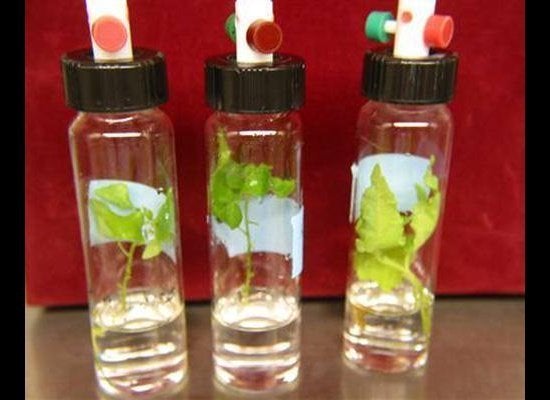A team of Chinese scientists raised eyebrows in April when they modified the genetic code of human embryos to correct the gene defect that causes the hereditary blood disease beta-thalassemia. Now, many researchers and ethicists fear that the technology used to make those manipulations might one day be "exploited for non-therapeutic modifications" such as selecting for intelligence and physical appearance.
While gene editing technology may offer serious health opportunities, it also poses ethical questions, especially if scientists use it for reasons other than preventing illness or diseases, according to Dr. Marcy Darnovsky, executive director of the Center for Genetics and Society.
"Using gene editing on human embryos for reproduction -- that's not really even a medical approach. That's not treating anybody who is sick. That's creating new human beings," Darnovsky told HuffPost Live's Josh Zepps in a video segment (above) on Monday.
As she explained, gene-modification skeptics have raised a number of objections to the budding technology. Darnovsky said:
"There are totally secular objections to it -- having to do with the safety, having to do with the fact that you can't get consent, either by that child or the subsequent generations whose every cell in their bodies would also be changed, and perhaps … the social consequences of a technology that would allow those who could afford it to produce, supposedly at least, enhanced offspring and where that could lead us."
Watch the HuffPost Live clip above to hear more on the issue and check out the full conversation here.
Want more HuffPost Live? Stream us anytime on Go90, Verizon's mobile social entertainment network, and listen to our best interviews on iTunes.
Also on HuffPost:

